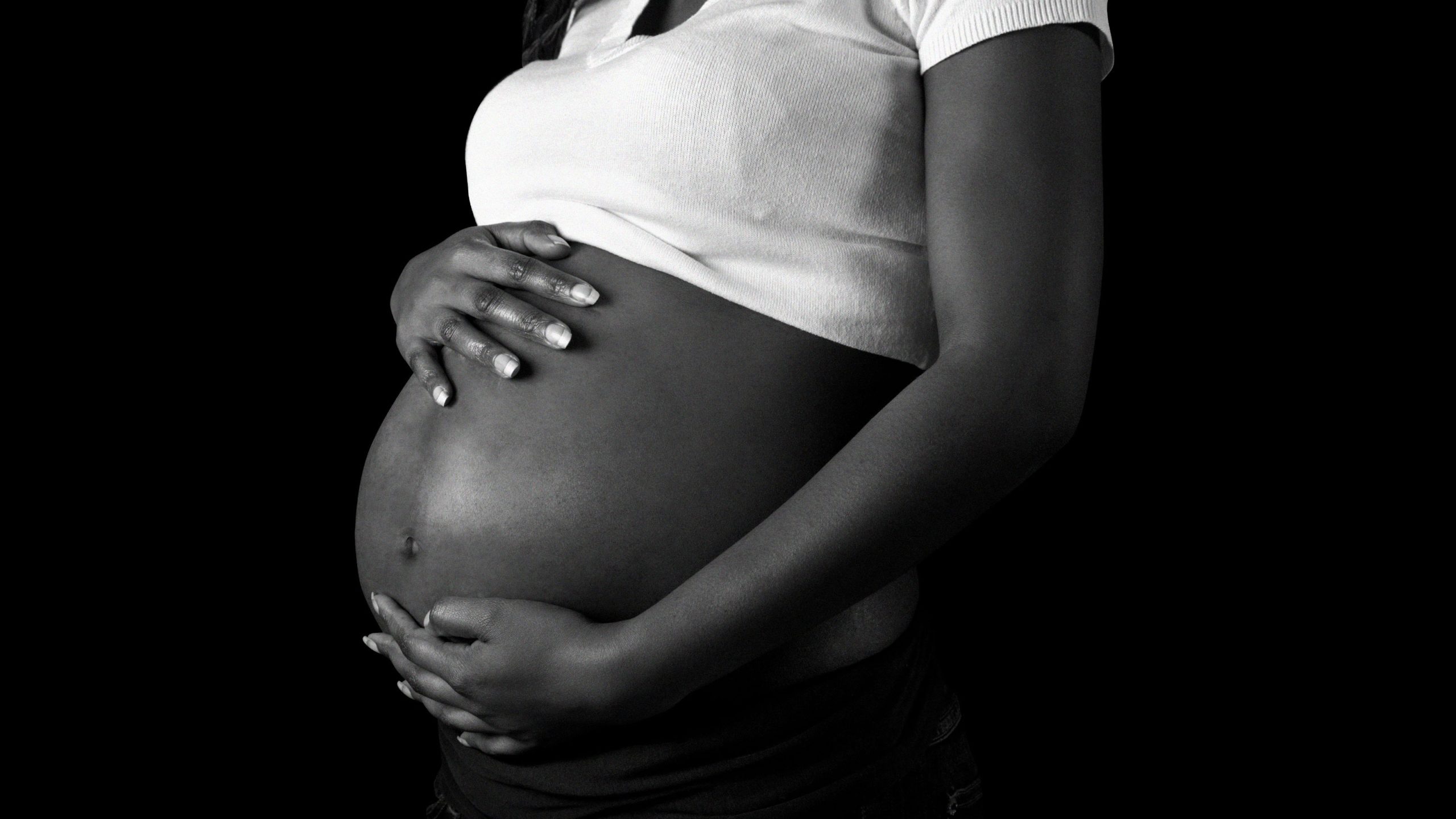
Pregnant women around the world are understandably worried about Coronavirus Disease (COVID-19). We now have over 100,000 cases in about 100 countries, and it seems like the outbreak is getting worse every day. Pregnant women are scared and anxious and would like more information about how to keep themselves and their babies safe.
We don’t have a lot of information about how COVID-19 affects pregnant women specifically, but we do have some information from a small number of pregnant women with COVID-19 and from pregnant women infected with other coronaviruses like Middle East Respiratory Syndrome (MERS) and Severe Acute Respiratory Syndrome (SARs) in the past.
From Your Doctor to You, here are 10 things that every pregnant woman should know about COVID-19.
- COVID-19 is a new type of coronavirus virus that started causing infections in humans in Wuhan, China in 2019. Coronaviruses are a family of viruses that can cause common colds but can also cause severe respiratory infections in humans. They were responsible for recent SARS and MERS outbreaks.
- Pregnant women need to take the same precautions as everyone else to prevent COVID-19. The disease spreads from person to person through small droplets when a person with the virus coughs or exhales, and droplets land on surfaces or are present in the air around the person. People can get infected by touching surfaces with these droplets and touching their eyes, nose, or mouth, or by breathing in the droplets. To reduce your chances of infection you should:
- Keep your hands clean – wash them thoroughly with soap or water or use alcohol-based hand sanitizer to kill any virus that might be on your hands.
- Stay away from sick people – keep at least a 3 feet distance away from anyone who is coughing or sneezing, so you don’t breathe in droplets.
- Don’t touch your face – try not to touch your eyes, nose, mouth or face so the virus does not enter your body if it is on your hands.
- Contact your doctor if you are sick or have a fever, cough, or shortness of breath so that they can let you know what to do next. Do not show up unannounced in your obstetric clinic as you could be putting other pregnant women at risk. Contacting your doctor first will allow them to assess the severity of your illness and direct you to the best place to get care. It will also allow your doctor to prepare for your arrival and ensure that other people are not exposed to the virus.
- The symptoms of COVID-19 can range from mild to severe – some people have a mild respiratory infection, and some can have pneumonia and even die. A World Health Organization (WHO) report summarized what happened to 55,924 people with COVID-19 in China – the most common symptoms were fever (88%) or a dry cough (68%). Other symptoms included fatigue, shortness of breath, body aches, sore throat, and headaches. The majority of people (80%) had mild to moderate disease and recovered, 14% had severe disease, and 6% were critical. People usually developed symptoms about 5-6 days after getting infected (range 1-14 days).
- Pregnant women can get very sick from respiratory diseases like influenza and from MERS and SARS, but we don’t know yet if that is the case with COVID-19. There were 147 pregnant women in the WHO report, and they did not appear to be at higher risk of severe disease than other people. Eight percent of the pregnant women had severe disease and one percent were critical, needing intensive care.
Click on this link to read the rest of the article.
Source: Dr. Fatu Forna
Leave a reply
You must be logged in to post a comment.












